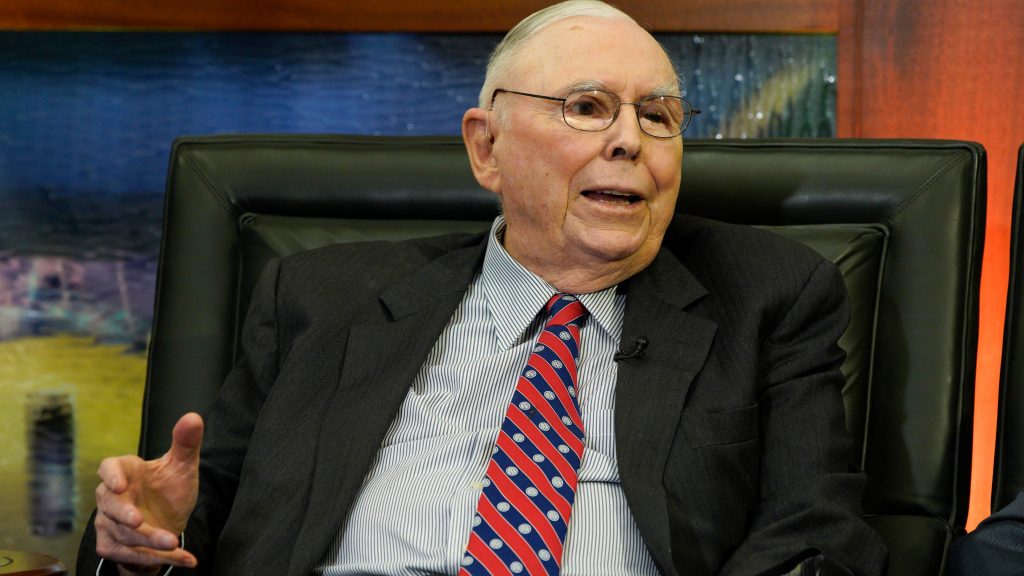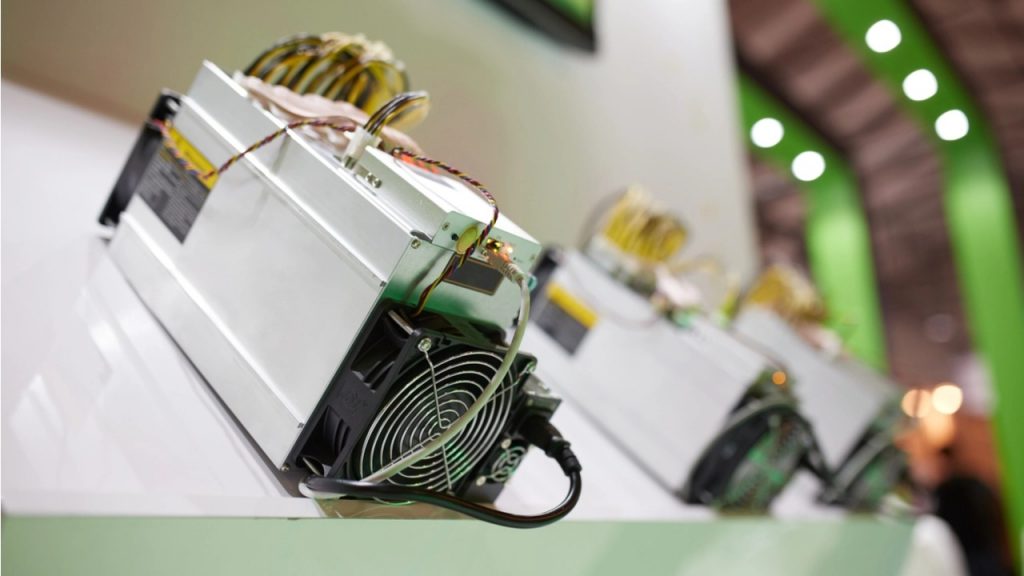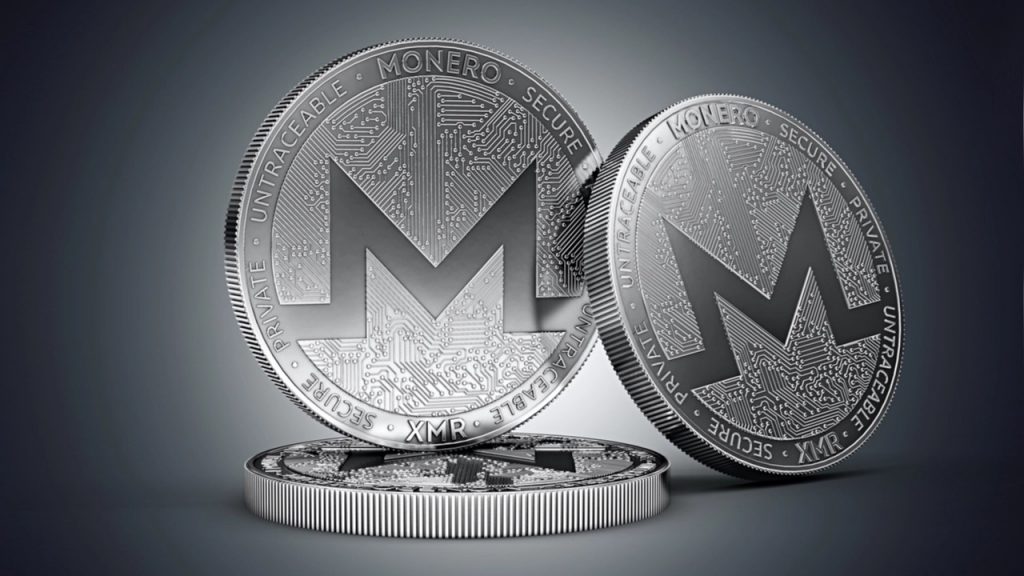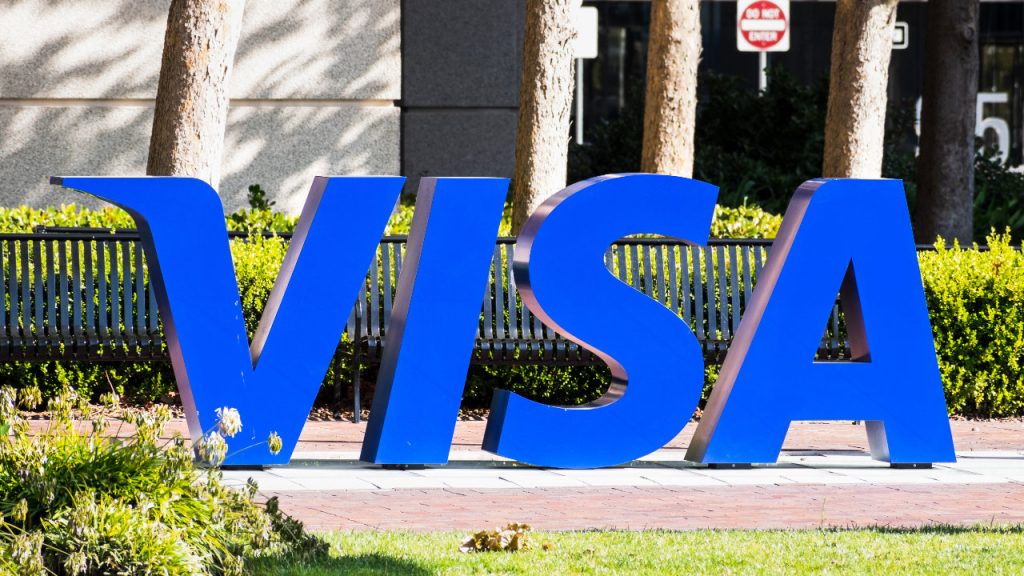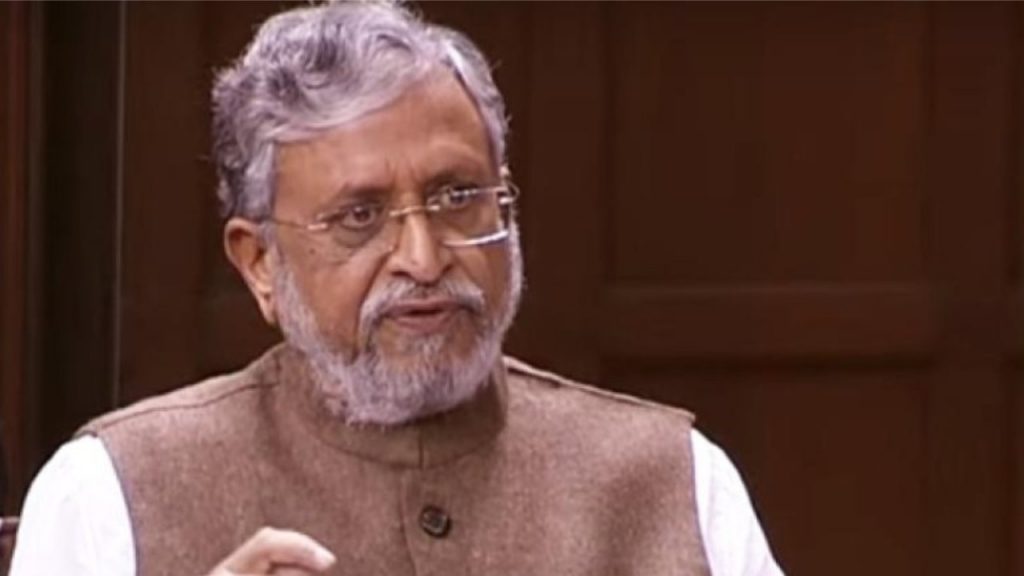
India’s Finance Bill 2022, which proposes a 30% tax on crypto-income, is currently being reviewed in Rajya Sabha.
Sushil Kumar Modi, a member of Parliament, asked Monday for an increase in the tax on cryptocurrency income to 30%. He stated:
I’d like to ask the finance minister to reconsider the 30% tax you have imposed upon crypto. Please consider whether this tax could be increased in the next few days.
Modi, a member of Parliament, argued that cryptocurrency was not a commodity or an asset, good, or service and that it doesn’t have intrinsic value.
He said that stocks are backed up by companies, but crypto is gambling. He also asked, “Who is behind crypto?”
Modi also pointed out that the 18% goods-and-services tax (GST) is only levied upon crypto service providers such as exchanges. This highlights that it needs to be raised. Modi opined:
Cryptos can be compared to gambling, lottery, and casinos betting. All these activities are subject to 28% tax (GST), which is levied on the total transaction value. Therefore, I ask that you suggest to the GST council to consider imposing GST upon the total transaction value for crypto.
Modi stated that investors are attracted to extraordinary profits and added that no one knows the exact value of crypto.
Modi then gave examples of countries which have imposed higher crypto taxes. Modi stated that Japan has imposed an additional 55% tax, while France, Germany, and Australia have imposed as high as 45%.
Further, the parliament member claimed that crypto assets have been stored in private wallets since before April 1, and that ‘$8 Billion worth of crypto assets is expected to be expelled from the country.
Indian Finance Minister Nirmala Sitharaman proposed that crypto transactions be subject to a 1% tax deducted from the source (TDS). The 1% TDS will be in effect from July 1, while the 30% income tax will begin levying from April 1. A member of the Indian Parliament has warned that imposing an 1% TDS on all crypto transactions will destroy the new asset class.


